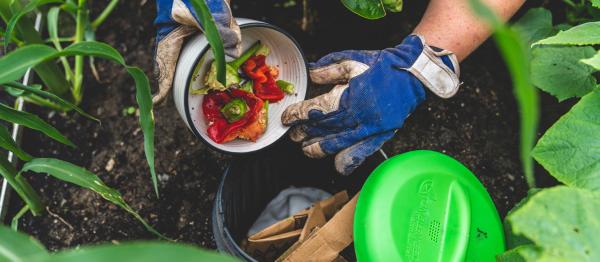
Track star – athletics coach John Quinn
John Quinn coaches what he calls a “United Nations of athletes”. His Sydney-based squad of 16 includes three African refugees, one of whom, Abdoulie Asim, from The Gambia, spent time living under a bridge in Parramatta.
There are athletes from Madagascar, France, Zimbabwe and the Torres Strait Islands. One of the Australians – Bendere Oboya, whose parents are from Ethiopia – is heading to the Tokyo Olympics to compete in the 400 metres.
What they have in common, John says, is “drive and ambition and a will to find out their capability”. They also have an elite coach who loves to help people – whether or not they can afford to pay him – and treats them as more than just athletes.
“How do you find the spirit within the athlete that you’re coaching to enable them to believe in themselves mentally, to then allow them to express themselves physically?” he says. “That, to me, is the secret of coaching ... I don’t coach athletes; I coach people.”
Always a helper
John has always felt a need to help people. As a child he wanted to be a teacher. But his music teacher, an 89-year-old nun, told him to get some life experience first.
“She said teaching is not just about teaching children how to read and write; it’s teaching them about life,” says John. “If you want to be a teacher, you’ll find a way to be a teacher. Go and live life first, and then come back to being a teacher later. That was fantastic advice for a 15-year-old boy.”
So John left school. At 17, he set up an athletics club in his hometown of Yass, then began a career in sport that took him from little athletics to the Sydney Olympics, where he was a coach for the Australian sprint team. He’s worked for AFL teams, the Socceroos and in the Indian Cricket League.
But in 2014 John’s life fell apart. He fell ill with autoimmune encephalitis, in which the body’s immune system attacks the brain. This meant a year in hospital – and several years that he can barely recall.
“It’s almost unexplainable, to be able to tell someone what it’s like to have your 13-year-old son walk into the room, and he’s not 13, he’s 20. It’s been a very interesting and challenging journey.”
Personal growth
As well as coaching athletes, John mentors boys at Sydney’s Scots College two days a week. “I absolutely love that job,” he says. “It's very important for young men to have a role model or mentor outside their immediate circle. That doesn’t take away the importance of Dad, but it’s very important to have somebody outside that's got your back.”
When you reach out to help someone, the benefits go way beyond the person being helped, John believes. “Helping people is actually helping you grow and develop,” he says. “If we do that, then as a whole community we grow and develop. It’s the way forward; you’ve got to move forward together.”
A few years ago, as he started to emerge from the worst of his illness, John took himself off to Japan, and on a mountaintop set himself a goal of taking an athlete to the Tokyo Olympics. With Oboya, he is about to achieve that goal. But he’s not going to pat himself on the back.
“I'll look down through my list of athletes and look at the one that hasn’t improved that much,” he says. “What is it that I wasn’t able to do for that person, what was the direction I couldn’t give them to get them where they needed to go?
“That’s what I need to improve on, to be able to help them better. So to help them, I’ve got to grow, I’ve got to improve myself. And I find that very motivating.”


